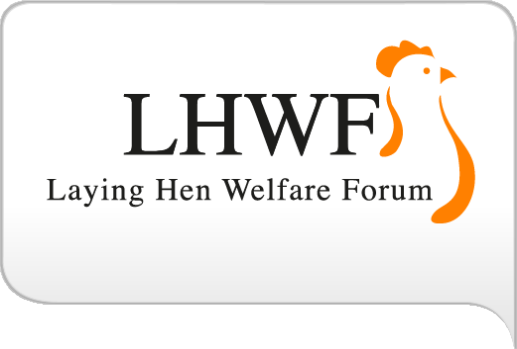About BEPA
Uniting British egg processors
The British Egg Processors Association (BEPA) is a non-profit organisation representing egg processors throughout Britain. BEPA members undergo independent auditing which is intrinsically linked to HACCP principles in order to maintain standards. Currently we have 10 member companies which represent the face of the Egg Processing industry across the British Isles.
Our comprehensive service aims to:
- Provide members with the most up-to-date news and information about egg products and processing, both in Britain and Europe.
- Unite British egg producers behind the best practice production methods, which includes health and safety and hygiene issues.
- Represent the interests of our members in discussions with the Government, the European Commission, European Parliament and other regulatory bodies.
- Provide end users of egg products with unbiased information about the businesses involved in the British Egg Processing industry.
- Promote egg products and increase the overall awareness of this sector.
Part of the British Egg Industry Council
BEPA is part of the British Egg Industry Council, which is an inter-professional organisation of 11 trade organisations in the UK. The BEIC covers all aspects of the egg industry including breeding, hatching, rearing, laying, packing, egg processing and marketing.
Need more information or would like to join BEPA?
If you would like more information regarding any of our products, services or industry, or are interested in becoming a member of the BEPA, please contact us. Simply complete the online enquiry form in the ‘Contact Us’ section of this website or telephone Louisa Platt on 020 7608 3760.
Latest information
News topics
Latest News
BEPA statement on EU egg shortage
BEPA statement on EU egg shortage following Fipronil crisis. The British Egg Products Association has highlighted that a number of factors are contributing to an EU-wide shortage of eggs for processing, something which is anticipated to continue beyond the first quarter of 2018. The continuing aftermath of the Fipronil crisis, which has had a major […]
Posted on: 20 December 2017
Part of the British Egg Industry Council
BEIC
British Egg Industry Council
An inter-professional organisation of 11 trade associations - Representing the egg industry in the UK
United in quality behind British Lion Quality Eggs
-
BEA
British Egg
Association - BEPA British Egg Products Association
-

-
NEMAL
National Egg
Marketing
Association Ltd - NIPF Northern Ireland Poultry Federation
- PHA Pullet Hatcheries Association
- PRA Pullet Rearers’ Association
-
SEPRA
Scottish Egg
Producers Retailers Association -
 Ulster Farmers
Ulster Farmers
Union -
 National Farmers Union
National Farmers Union
-
 National Farmers Union (Scotland)
National Farmers Union (Scotland)
-


